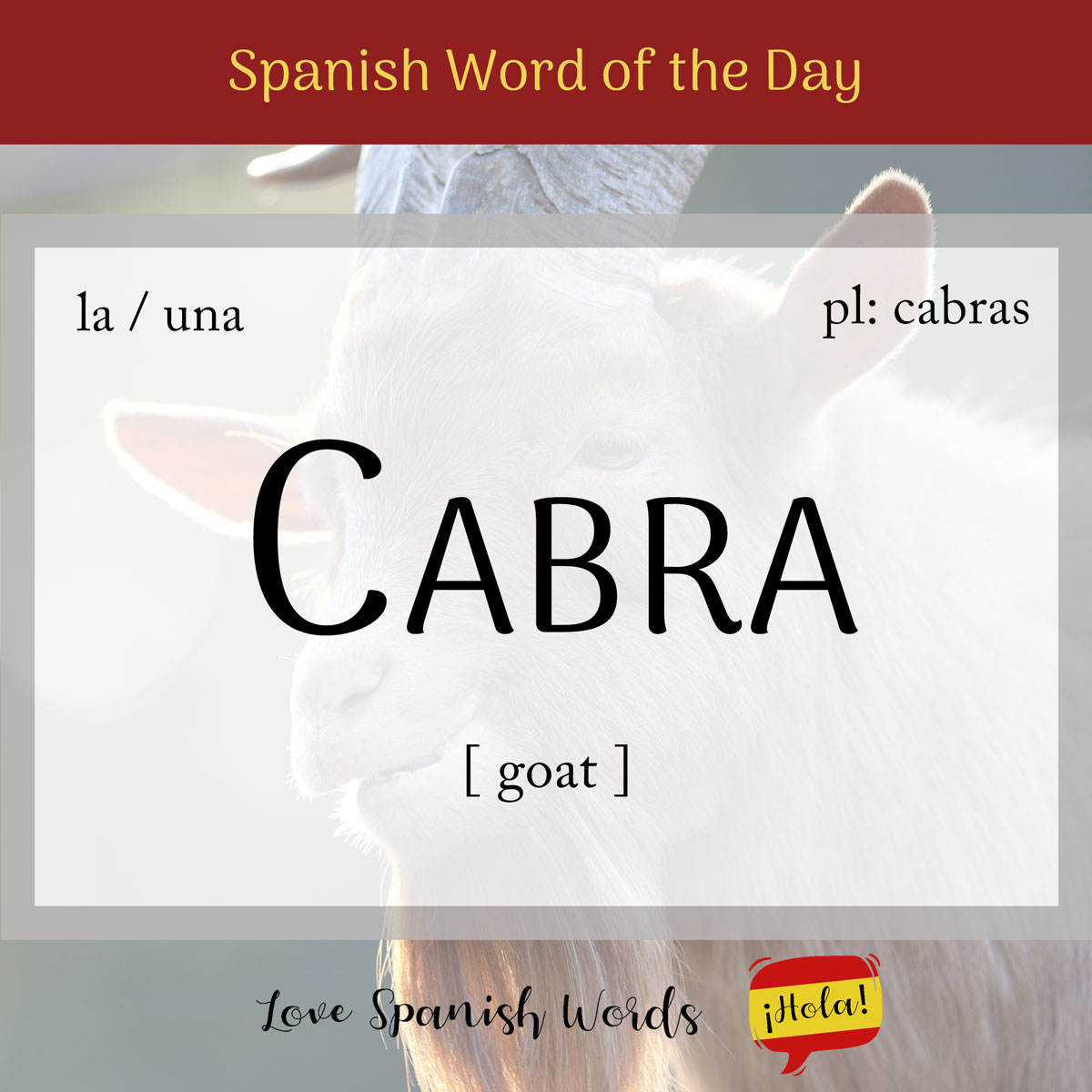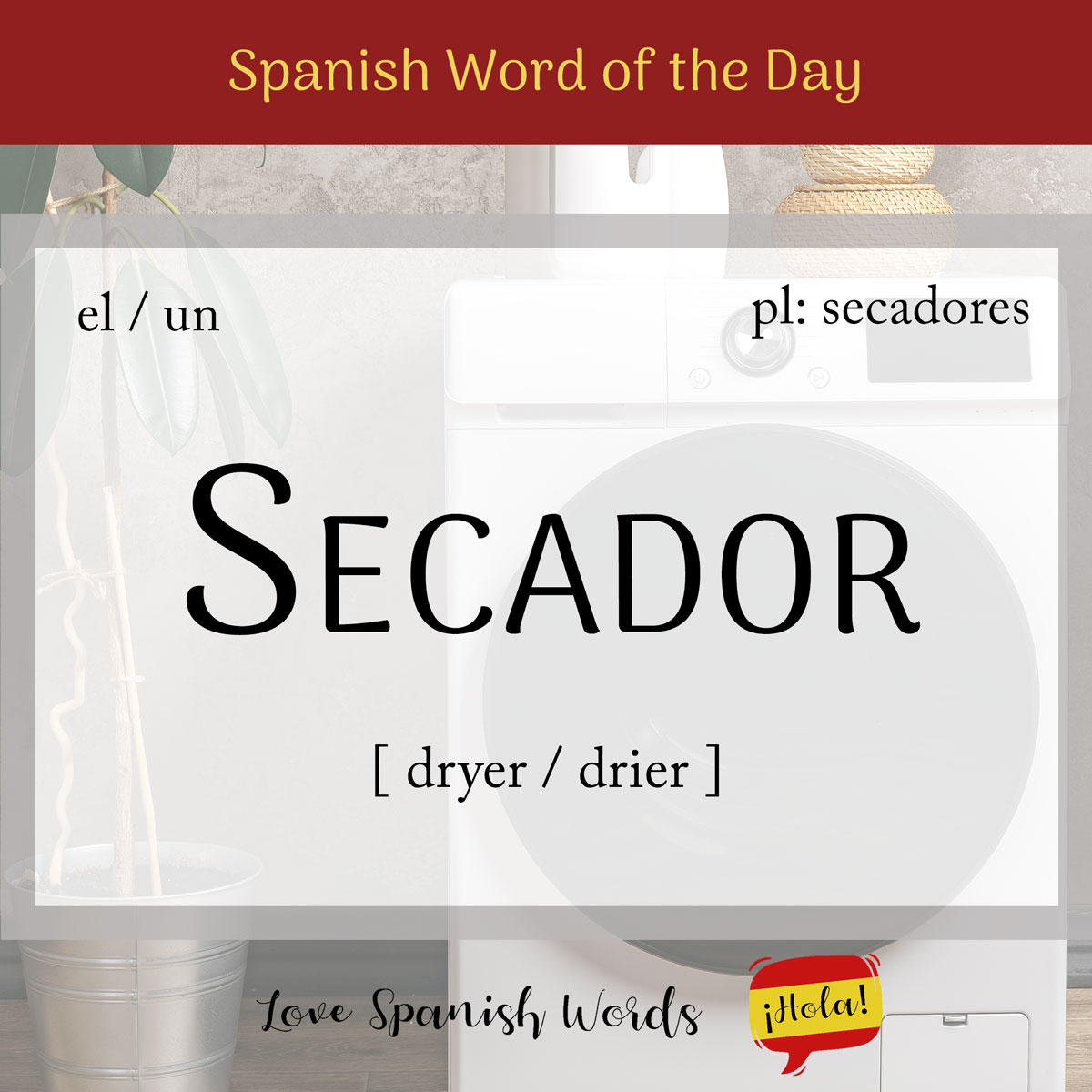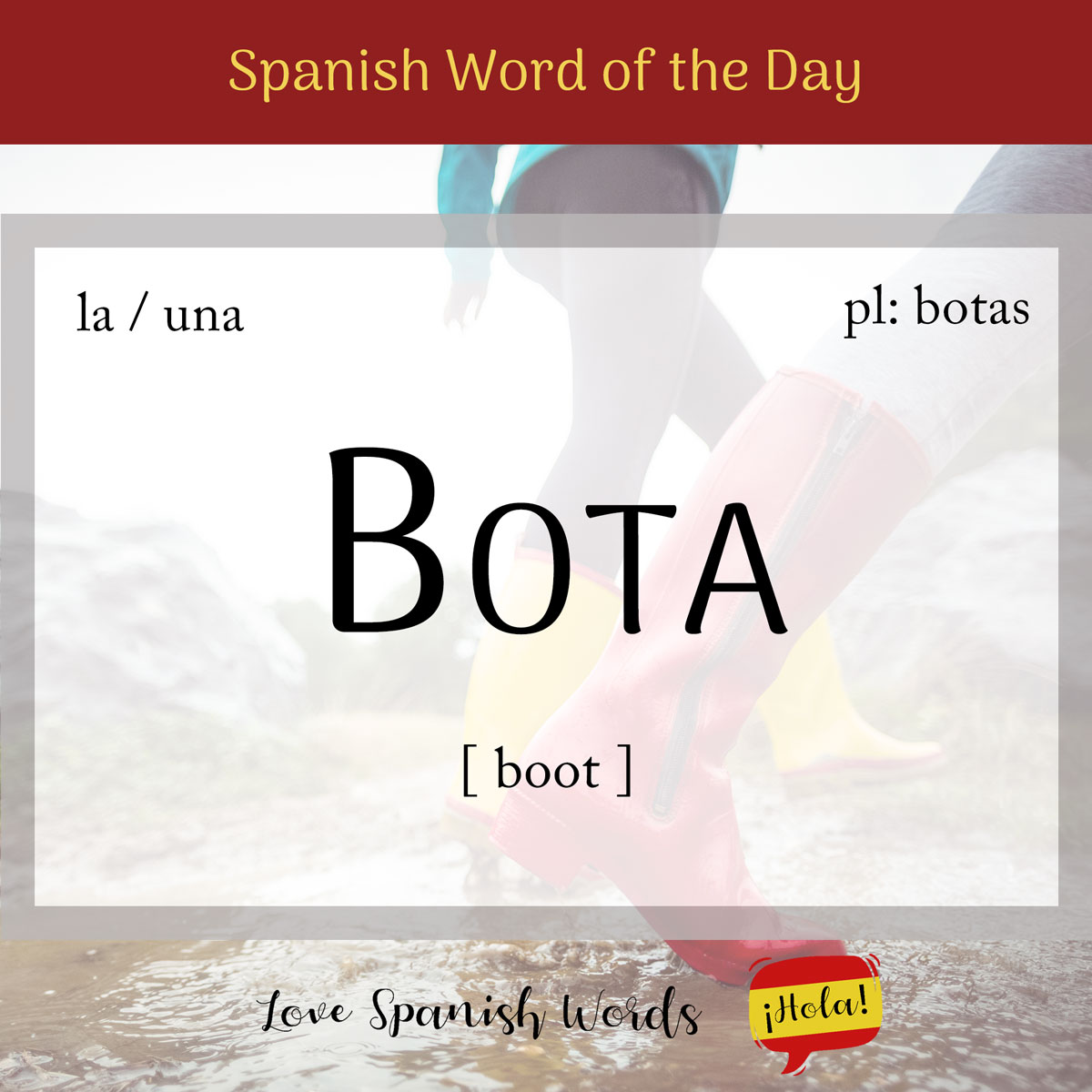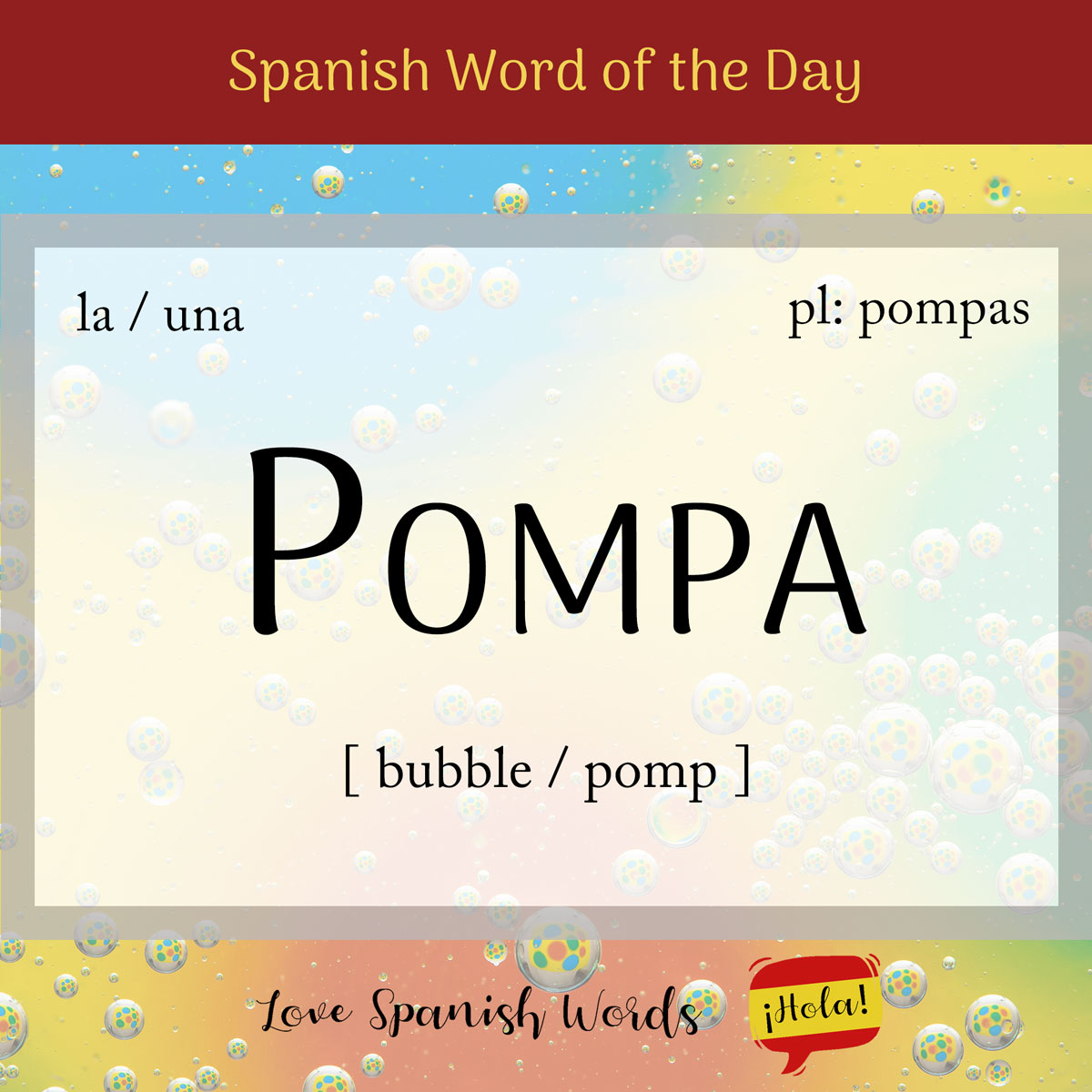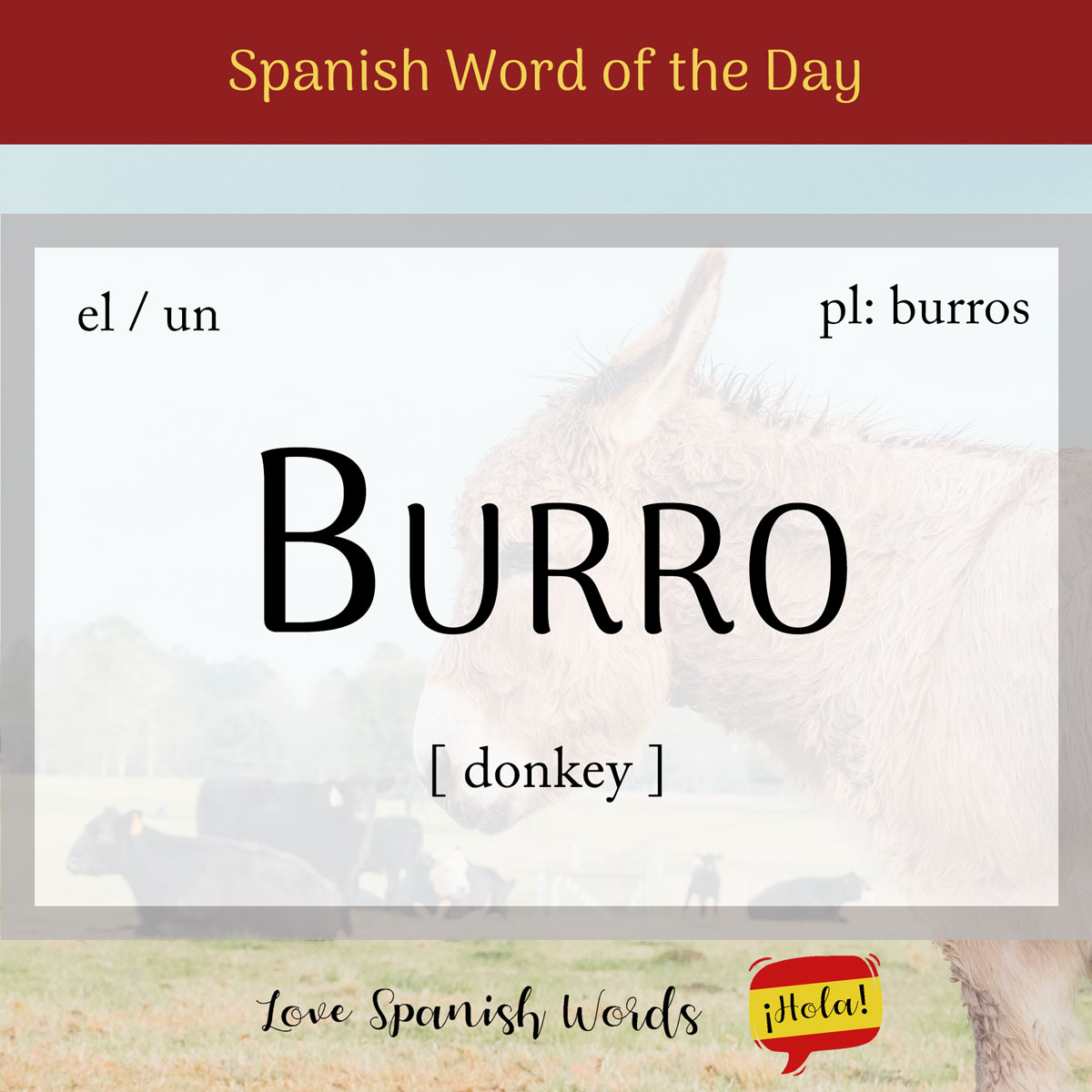Spanish Word of the Day: Cabra (goat)
Goats, known as cabras in Spanish, are commonly raised in rural areas across Spain and Latin America. They are highly valued for their leche (milk), carne (meat), and pieles (hides), contributing to local economies and traditional agricultural practices. Keen to find out more about this Spanish word? Then keep reading! Latin American Pronunciation European Pronunciation …

